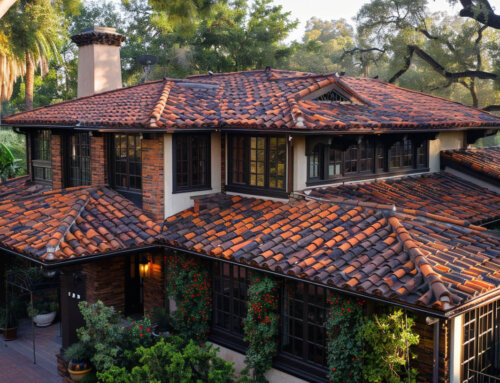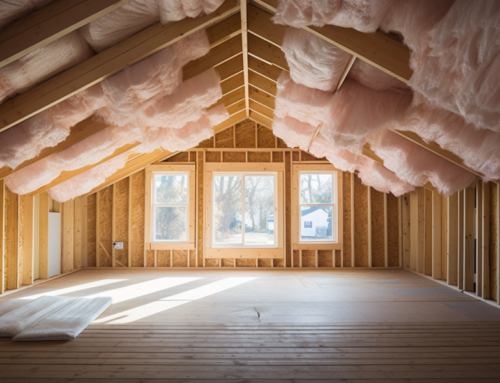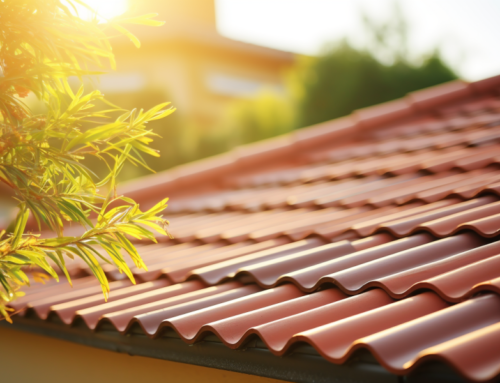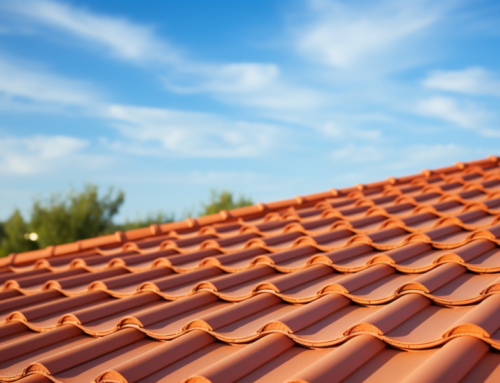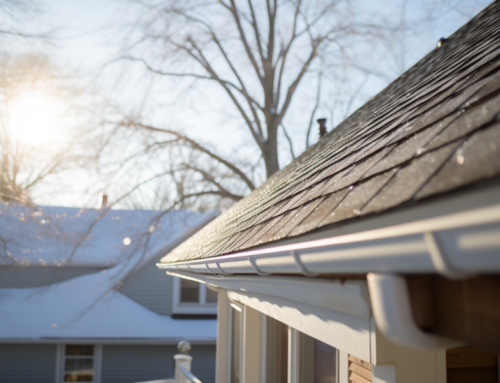When it comes to safeguarding your home from the elements, the roof plays a pivotal role. As such, selecting the right roofing material is crucial. In this article, we’ll delve into the differences between shingles and rolled roofing, helping you make an informed decision for your property.
Understanding Rolled Roofing
Rolled roofing, as the name suggests, is a mineral-surfaced roofing material available in rolls. It stands out for its affordability and ease of installation, making it a favorite for DIY enthusiasts. However, it’s essential to note that while it’s cost-effective, it’s thinner and less durable than asphalt shingles.
Where is Rolled Roofing Most Suitable?
While rolled roofing might not be the first choice for many residential homes, it finds its niche in utility structures. Think garages, barns, workshops, treehouses for children, and sheds. Additionally, if your roof has a low slope—meaning it drops vertically by 1 inch for every 12 inches horizontally—rolled roofing might be a fitting choice.
Delving into Shingles
Shingles come in various materials, including cedar, metal, and asphalt. Among these, asphalt shingles reign supreme in terms of cost-effectiveness, versatility, and popularity. They are not only affordable but also come in a plethora of colors and textures to suit different aesthetic preferences.
Types of Asphalt Shingles
There are two primary types of asphalt shingles:
- Organic Base Shingles: These are made of paper or roofing felt saturated in asphalt, rendering them waterproof. While they boast durability, they can be more prone to fire.
- Fiberglass Base Shingles: Comprising fiber and glass with an asphalt coating, these shingles are also waterproof. They have an additional layer of mineral granules that offer added protection. For homeowners concerned about fire hazards, fiberglass shingles are a preferable choice over their organic counterparts.
Comparing the Lifespan
When it comes to longevity, asphalt shingles have a clear edge. With proper maintenance, they can last between 20 to 30 years. In contrast, rolled roofing has a shorter lifespan, ranging from 5 to 8 years.
Maintenance Insights
While rolled roofing might be less durable than traditional shingles, its maintenance is somewhat comparable. Asphalt shingles have the advantage of contracting and expanding, making them more resilient. If rolled roofing gets damaged, think of it as repairing one large asphalt shingle instead of several smaller ones. Whether you’re dealing with a single large shingle or multiple smaller ones, the maintenance effort remains relatively similar.
In Conclusion
After weighing the pros and cons of shingles and rolled roofing, it’s evident that asphalt shingles are a more cost-efficient choice, given their durability and lifespan. As you consider your roofing options, it’s always beneficial to consult with local roofing companies in San Diego. At San Diego County Roofing & Solar, we pride ourselves on offering expert advice and top-notch services to ensure your home remains protected for years to come. Remember, the right roofing choice is not just about immediate cos




